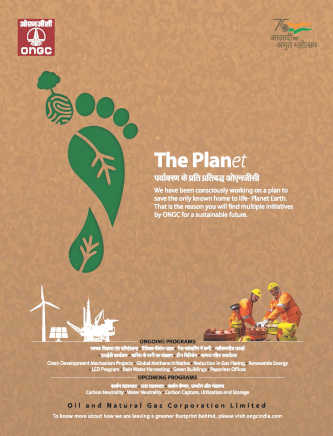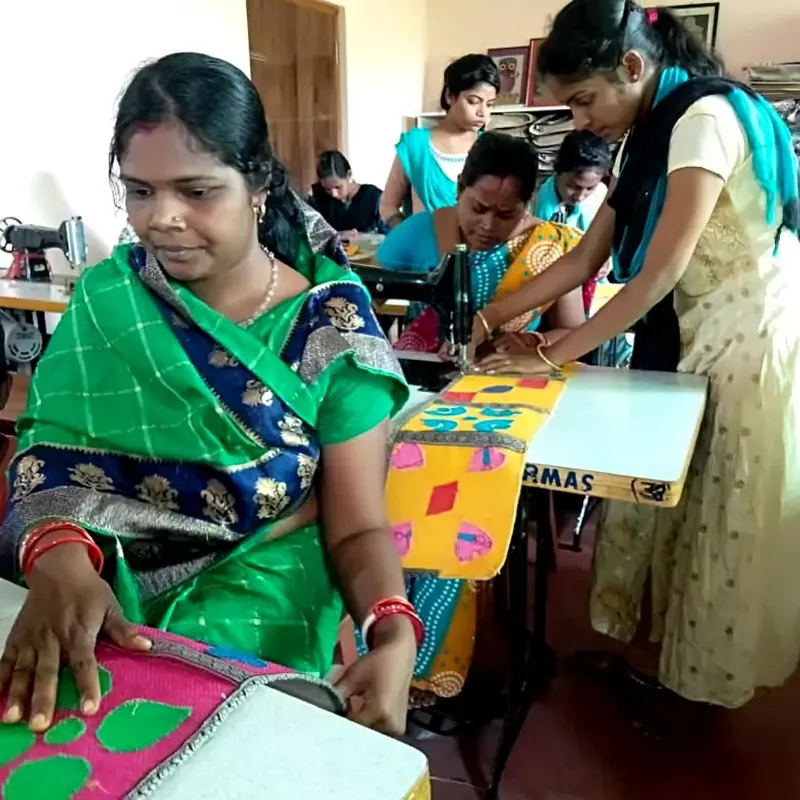Carbon emission and global warming leading to climate change have posed a challenge of unprecedented magnitude before humanity in the 21st century. Tackling climate change is a key component of the Sustainable Development Goals (SDG) 2030.
Interventions for checking climate change have been adequately covered in clause (iv) of this list under “Ensuring environmental sustainability, ecological balance… conservation of natural resources and maintaining quality of soil, air and water”.
Against this backdrop, the Jute Corporation of India (JCI) has taken some path-breaking initiatives. JCI was set up as a Central Public Sector Enterprises in 1971 to protect the interest of the growers through procurement of Jute, a natural fibre, under the Minimum Support Price (MSP).
The Corporation procures jute from the primary producers in over 500 jute procurement centres set up in the jute-growing areas. Along with its other activities, JCI has been implementing Corporate Social Responsibility (CSR) projects since 2014-15 by earmarking two per cent of its profit which comes to about Rs40 lakh in a year. However, it could spend only about half the earmarked amount on activities like Swachhata Abhiyaan in schools, construction of toilets, organisation of health camps and financial assistance to needy students.
-

New designs in a decentralised manner
























